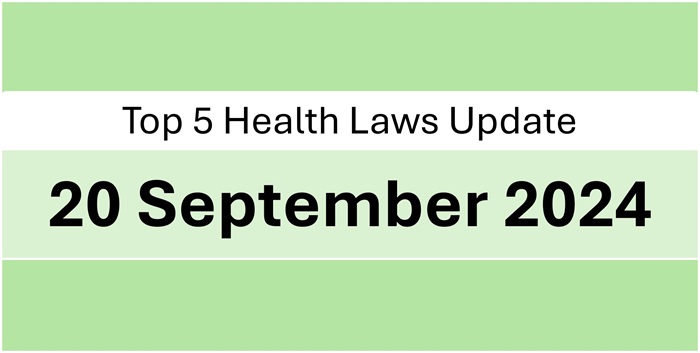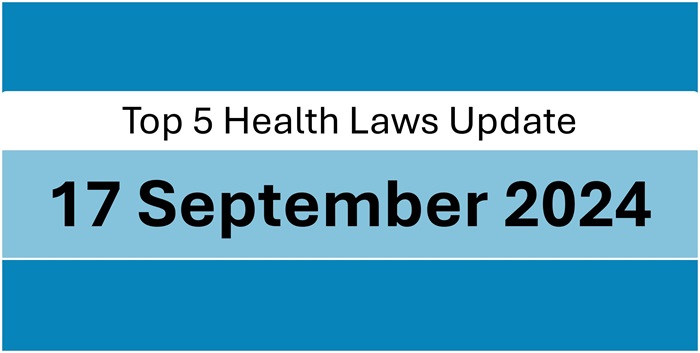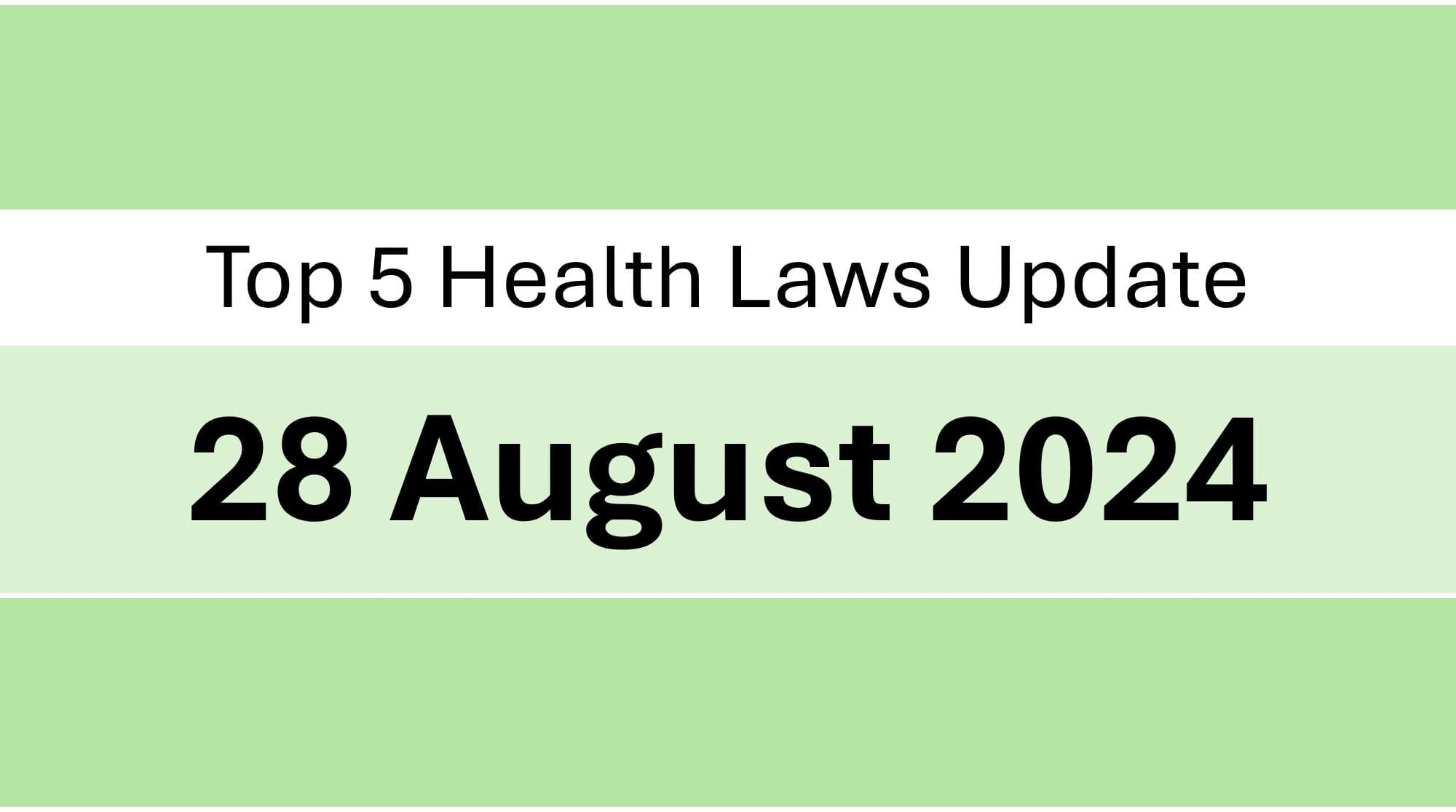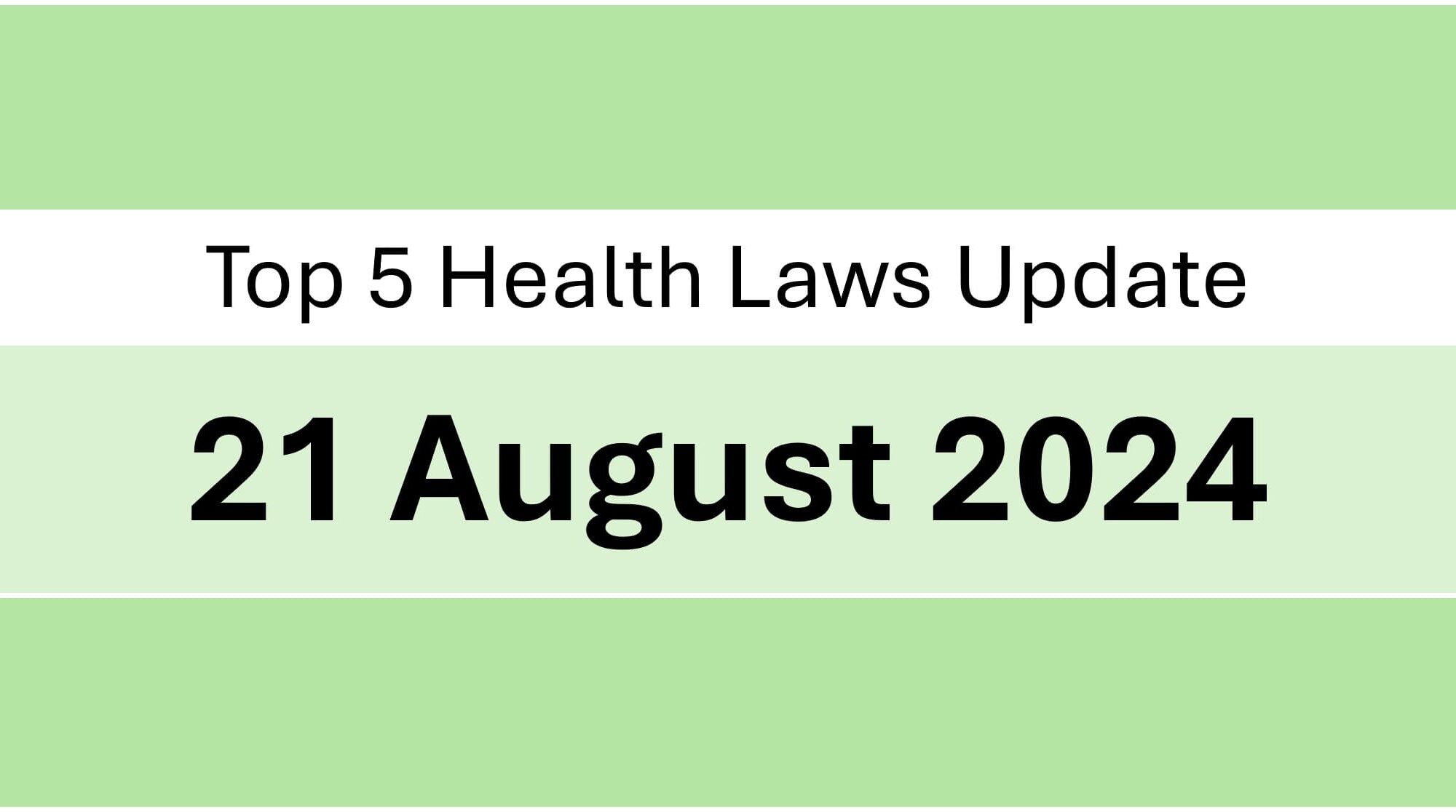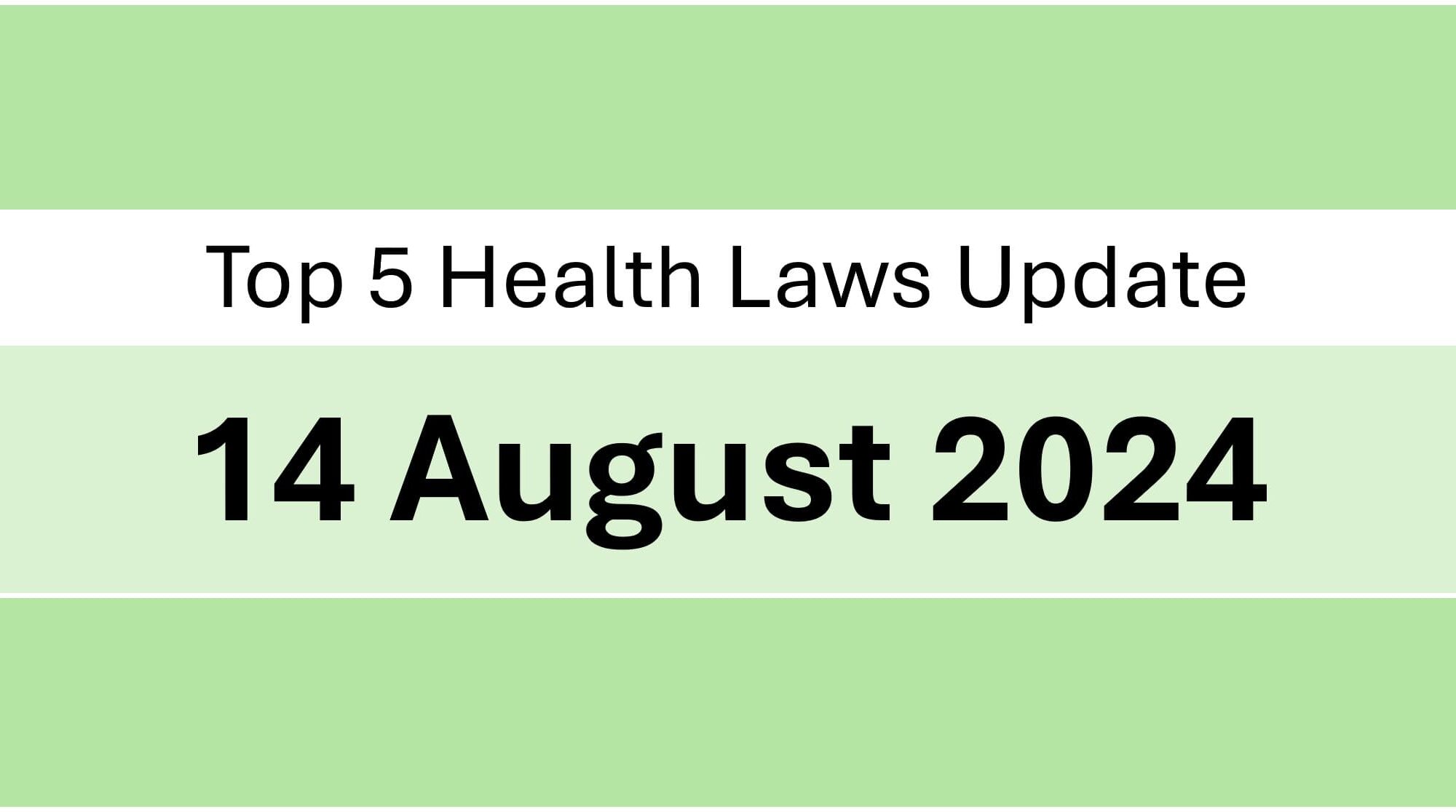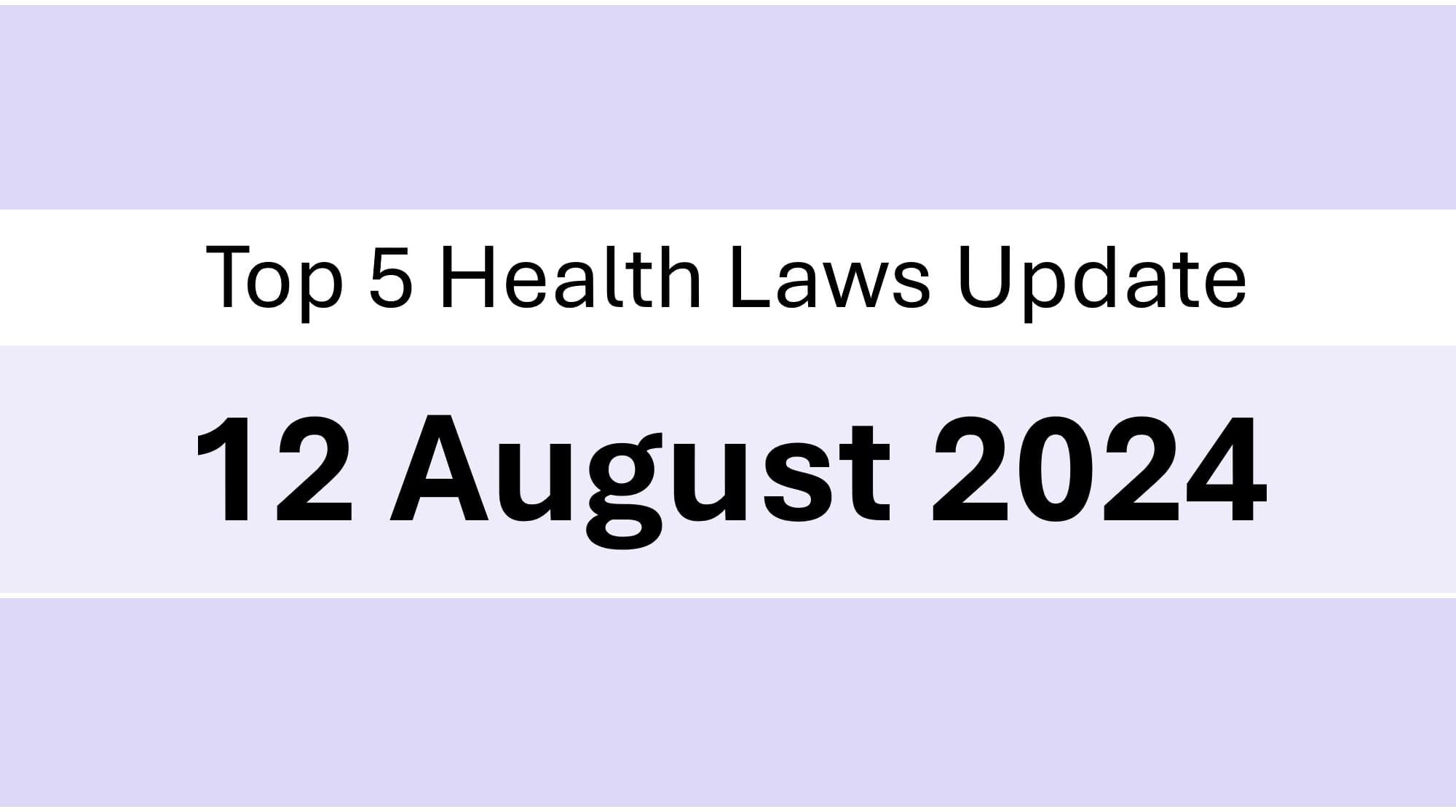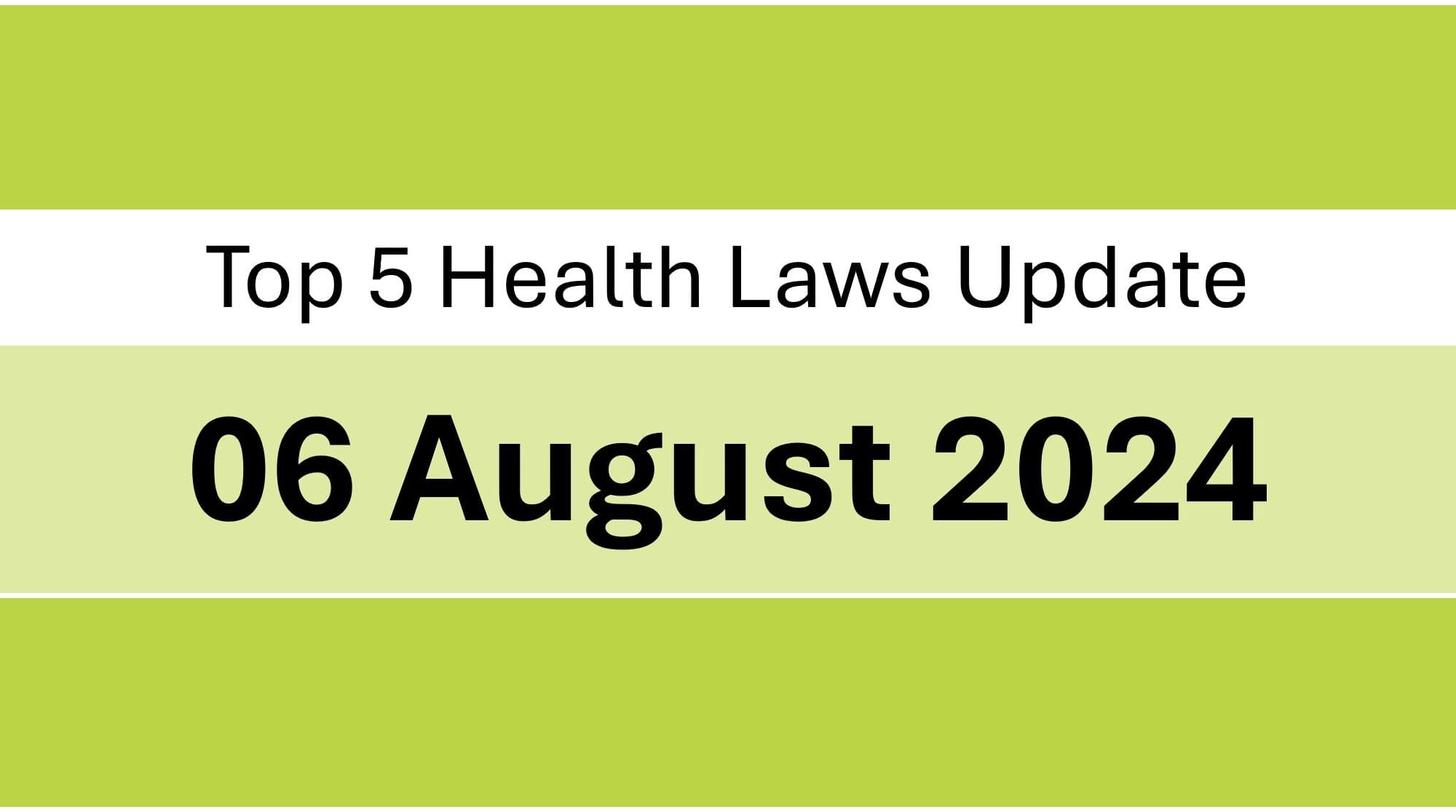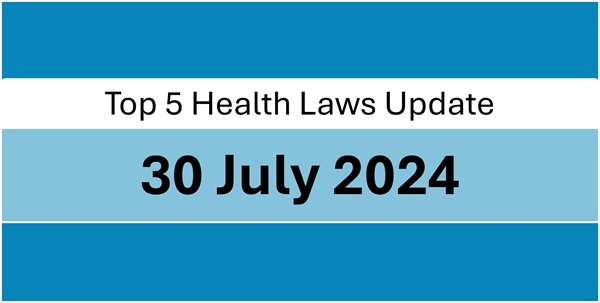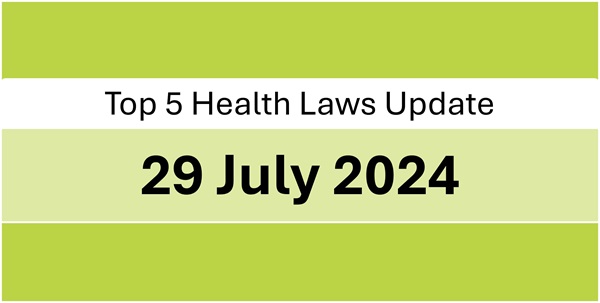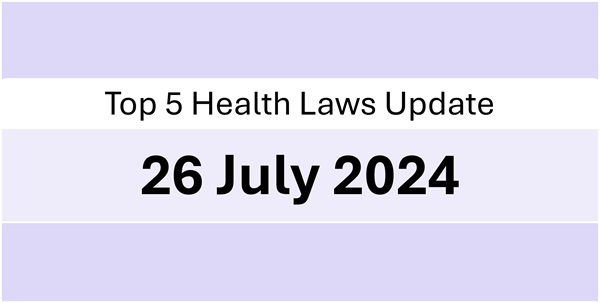1. India’s Director General of Foreign Trade has issued a Trade Notice, reducing the amount of export eligible for net-subvention to only Rs. 5 Crore for MSMEs till 30th September 2024, and Rs. 2.5 Crores for manufacturing exporters as calculated till 20th June 2024.
Source: bit.ly/3zsuYM8
2. The Supreme Court has issued Notices in connection with a Public Interest Litigation challenging the constitutionality of Rule 9(ii) of the Clinical Establishments Rules, which seek to introduce a price-control mechanism on the cost of healthcare treatment.
Source: bit.ly/3zqVx48
3. The Supreme Court has issued an Order recommending that the High Court of West Bengal may consider withdrawing the anticipatory Bail granted to an accused under the Narcotic Drugs and Psychotropic Substances Act, and expressed that it was highly concerning that such anticipatory bail was granted.
Source: bit.ly/3BfCUAY
4. The State Drugs Controller of the State of Karnataka has announced that it will be using emergency medical tracking functions first introduced during the COVID-19 pandemic, to keep track of analgesic medication to prevent their misuse.
Source: bit.ly/47DyH5Z
5. Starting from 19th September 2024, if the investigation of a complaint received by the Competition Commission has lead to it passing an order ex-parte, it shall be mandatory to give notice of said order and provide the impugned parties an opportunity to be heard.
Source: bit.ly/4e8jtIB

